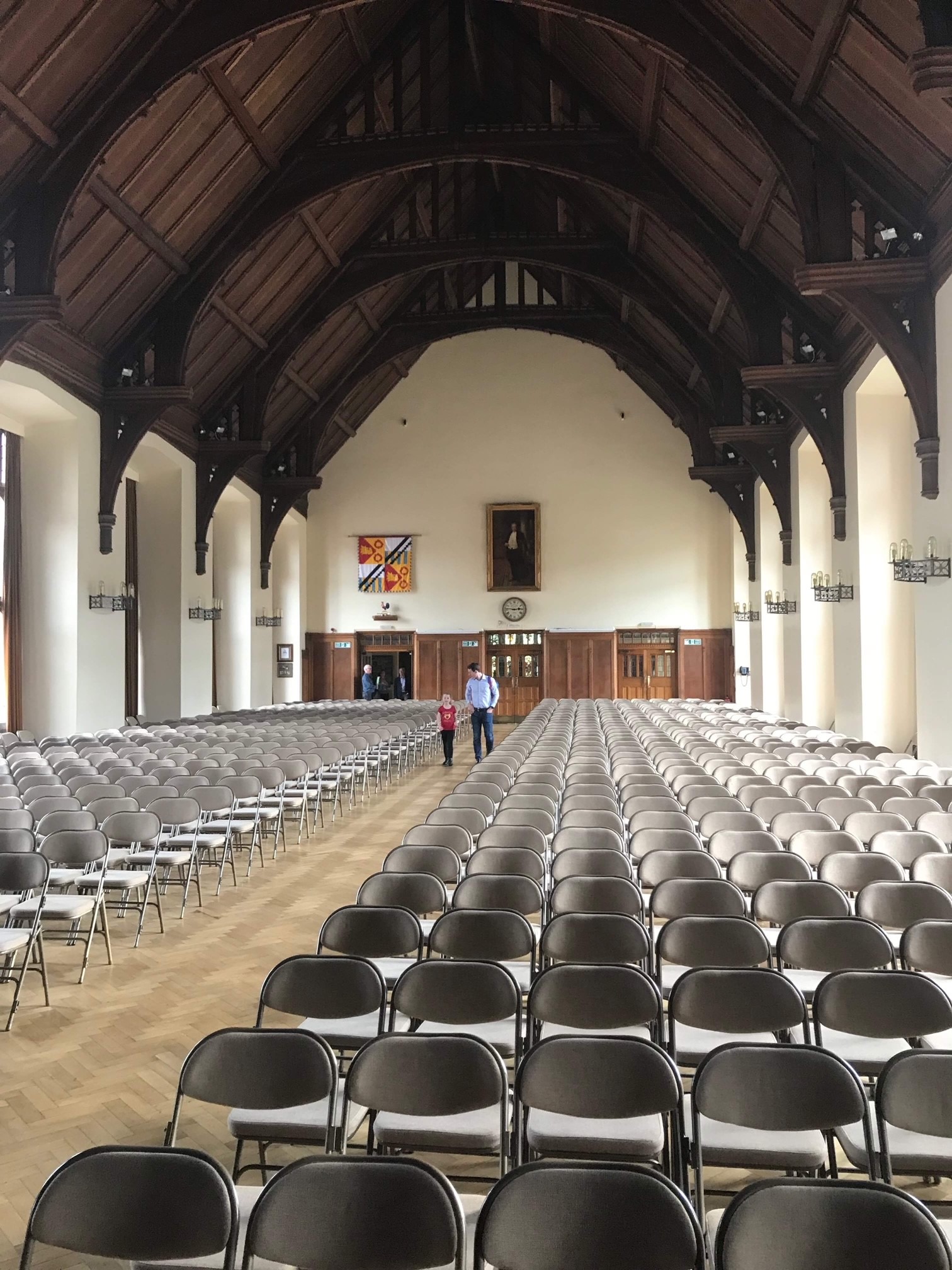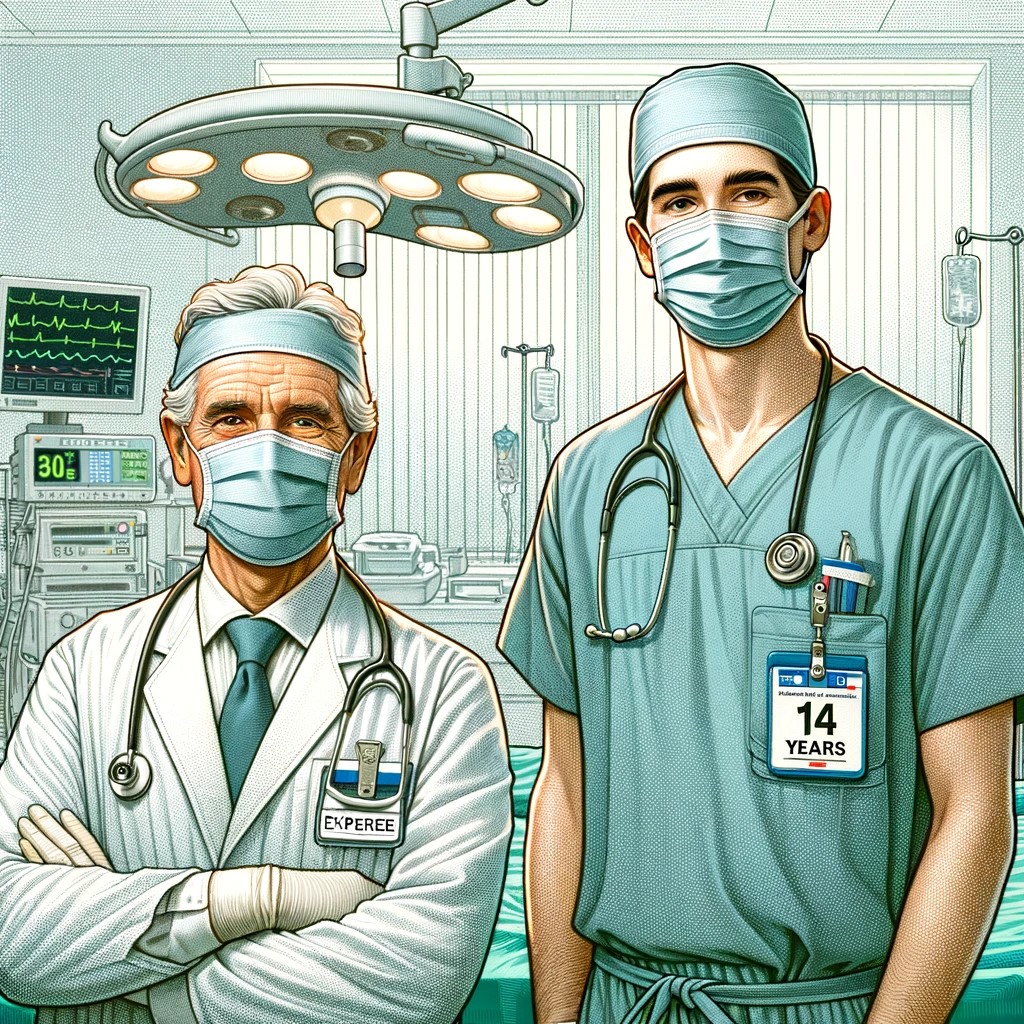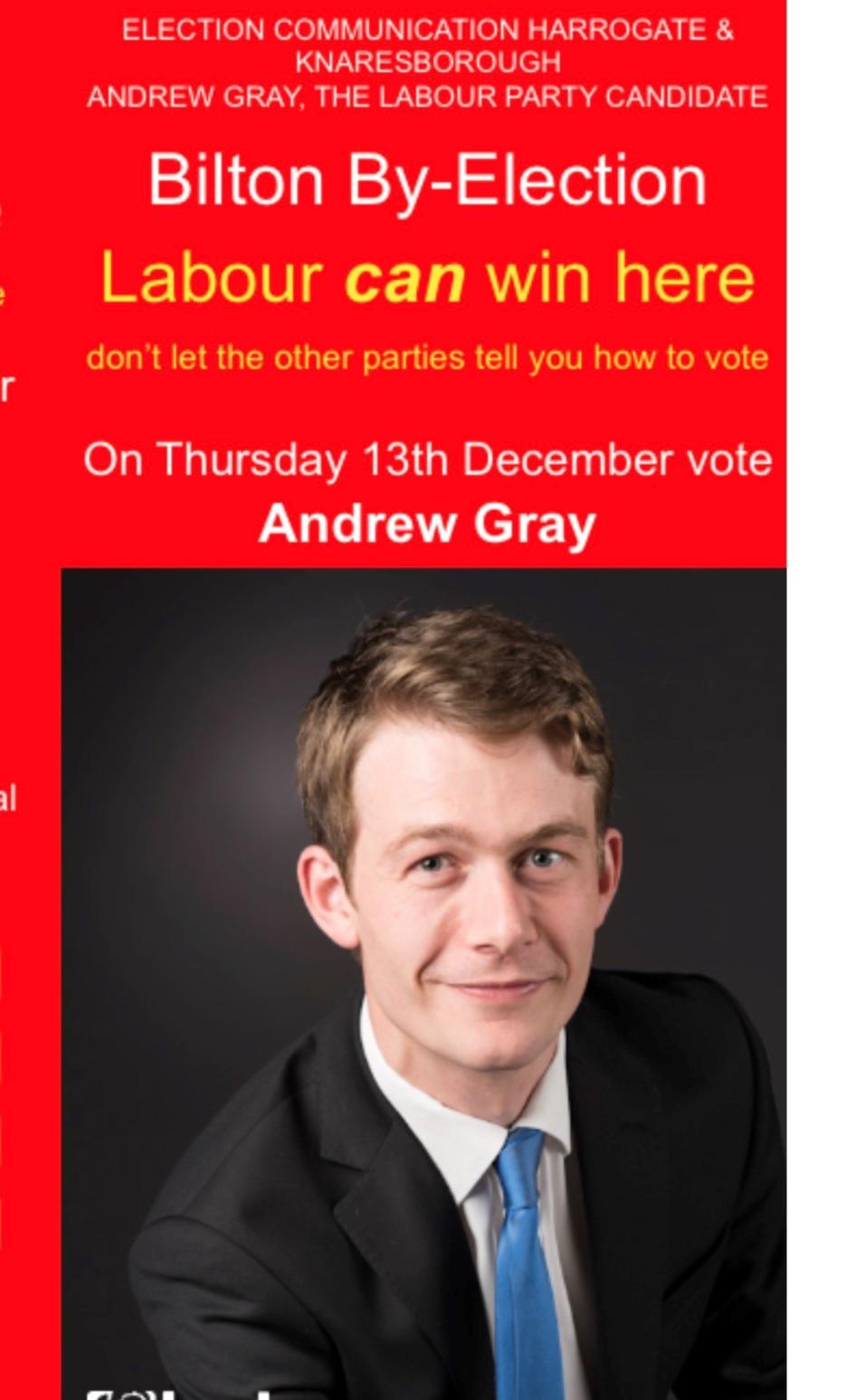I’m typing, 36,000ft in the air, on my return flight from Milan to Gatwick. Guess how much my flight cost, just for me, without a bag? £12. Two hours, plus taxes, for £12.
A few weeks ago in Harrogate, I bought two drinks in a bar: a pint of beer and a large glass of red wine. Guess how much I paid? £15. And it wasn’t even table service.
In Tenerife, a few weeks ago, at a locals’ restaurant, I paid £5 for half a chicken, chips, salad, bottle of water and a glass of wine. And remember that Tenerife has to import the overwhelming majority of its goods, from mainland Europe.
None of this makes intuitive sense to me.
In 1998, when I started university, the average salary for a solicitor was around £42,000. Fast forward twenty-five years and the average has increased to £50,000. In the same period of time, the average house price has leapt from £70,000 to £276,000, yet wage growth has been miniscule. During this time, petrol prices have trebled.
A few months ago, due to my poor health, I sold my business. I paid a tax rate of 9.5% on the sale price. In contrast, high income earners – as opposed to sellers of capital – pay tax at 45%. As switched-on readers of my blog might have spotted, a few weeks ago, Prime Minster Sunak released his tax returns on the day that Reckless Boris appeared before the Privileges Committee over Partygate. On substantial earnings, Sunak paid a tax rate of 22%, because his earnings came from capital gains, at a rate which he voted to lower. As I discovered and as Sunak knows, the system is rigged in favour of the owners of capital. Employees, generally speaking, get hammered by tax.
A few weeks ago, my primary school-aged son received a lesson about money. The key takeaway was that debt is bad. Although 11-year-olds might not grasp the finer points of macroeconomics, the lesson was deeply flawed (and he knew it). As the statistics above reflect, the higher the inflation, the faster that debt is eroded. Therefore, if being rich is your goal, it is usually prudent to borrow as much as you can and let inflation erode away your debt.
High inflation is a gift to owners of capital, but disastrous for those who are least well-off. This, in part, accounts for the rise in the number of billionaires and the widening disparity between the super wealthy and everyone else. Owners of assets benefit most from rising prices. If you therefore think that the powers that be want lower inflation, I suggest that you think again.
Psychologically, many people dream about paying off their mortgages, but this is quite often financial madness. Furthermore, in the UK, if, say, a couple, whose children have left home are living in a £500,000 house, with four bedrooms, if they then want to downsize to a £250,000 house, if house price inflation is at around 10%, then by moving home to something more sensible, each year their financial pot is depleted by around £25,000. The system, as configured, favours house-blocking, with millions of vacant bedrooms in the “wrong” hands. I am not proposing a fix – as I don’t have one – but I am pointing out how ridiculous our system has become.
During the pandemic, we saw second hand cars – not classic cars, by any stretch – change hands for more than the equivalent new version of the same car, even though VAT isn’t payable on second-hand vehicles. This hasn’t occurred before. A new car for less than a second-hand version! And readers might recall that, for a time, oil had negative value – i.e. the producers of oil had to pay people to take it off them. Read that again: not just free oil, but oil producers would pay you!
The recent spike in inflation appears to have caught the Bank of England by surprise. This is bizarre given that the only iron law of economics is that if money is printed – as it was during the pandemic to pay for furlough etc – inflation will inevitably rise. Hey presto, that’s precisely what happened. If printing money was always the answer, no government would need to levy tax and every political party would run on a manifesto of zero tax.
Internationally, what has escaped scrutiny in the UK is the rise of the organisation BRICS – Brazil, Russia, India, China and South Africa. These countries are hatching a plan to create a new currency to supplant the dollar as the world’s reserve currency. Such a currency will likely be tethered to precious metals, akin to the gold standard, and therefore such a new currency could not be printed, willy-nilly.
And with Saudi Arabia selling oil to the Chinese in Yuan, rather than in dollars, the dollar’s dominance is under attack. As a by-product, any nation whose economy is tethered to the US will be in trouble. Here, in the UK, with the highest inflation in the G7, with Brexit battering our economy, with an economic cycle which follows the US, and with our reputation for financial prudence destroyed by the Truss Budget, we should expect further financial craziness.
Let’s consider physical money. These days, most payments are made by contactless. As a result, our relationship with money is changing: we don’t get the feel of handing over money. Money, therefore, is becoming less real. What will accelerate this is the creation of digital currencies by nation states. Such government-sanctioned digital currencies – as opposed to the Wild West of cryptocurrency – will lead to greater government control of what we can and cannot purchase.
With high inflation proving sticky, with most people experiencing below inflation pay rises, with the near total dominance of contactless payments, and with asset prices out of kilter with incomes, we now live in a world in which what we – the majority – think about money is wrong. Money – we should never forget – is just a means of exchange, and units of currency come and go. My advice: be prepared for rapid change.










